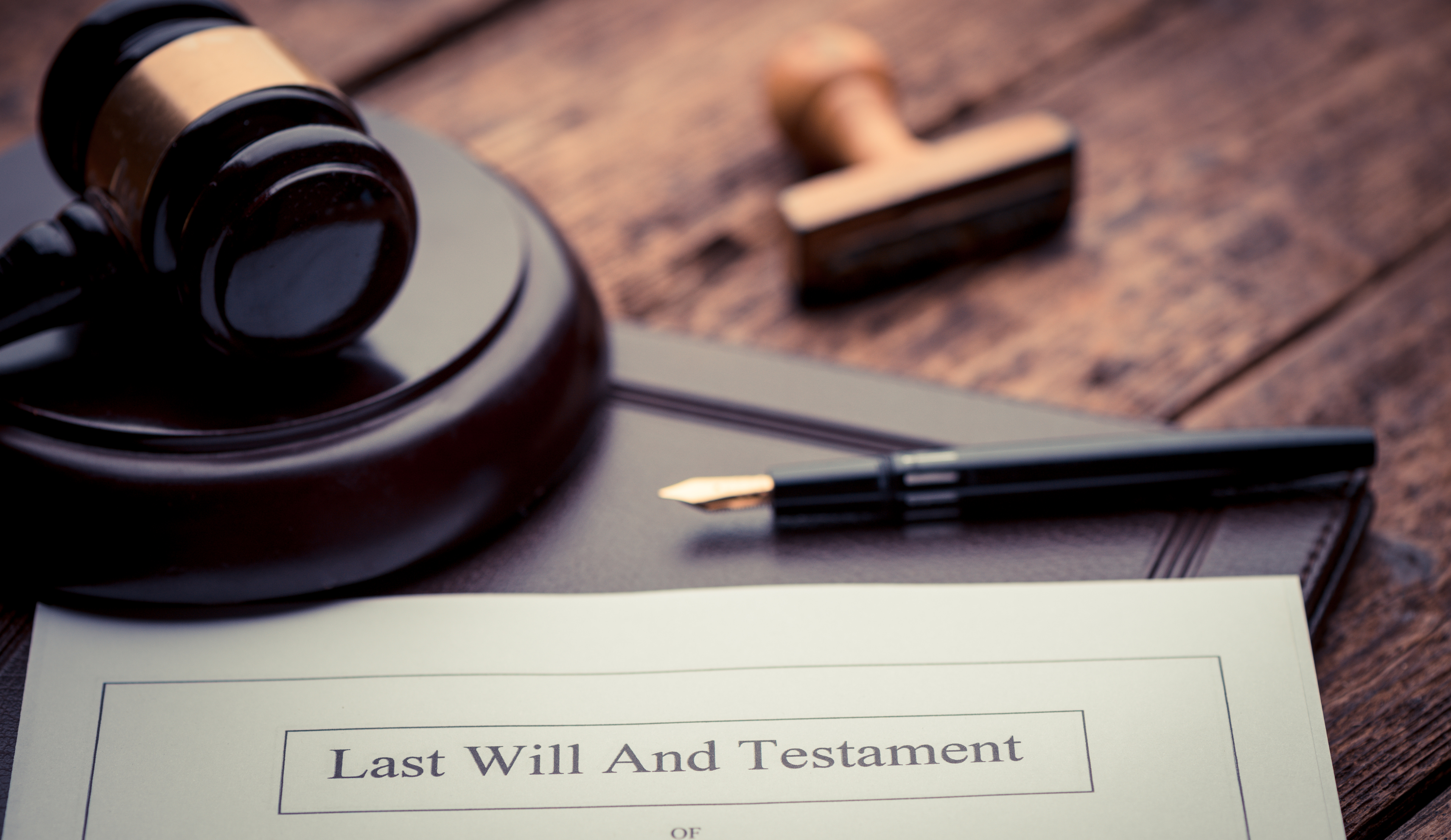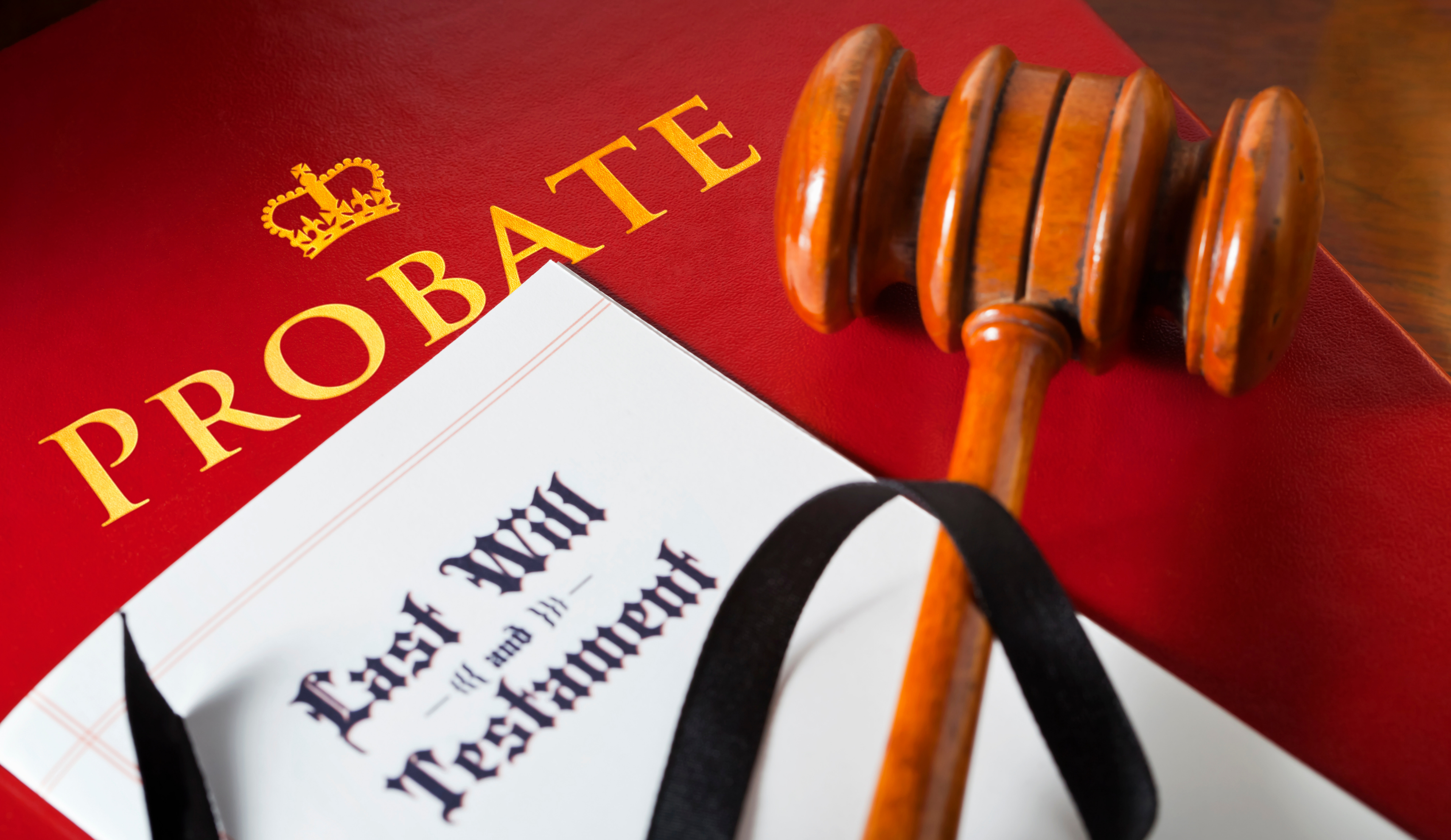Laws of Inheritance for Muslims Living in Singapore
This article explains whose estate and which property are administered under faraid, and how the deceased's assets are distributed under faraid
The intestate law for Muslims is called faraid, which the Syariah Court in Singapore administers under the Administration of Muslim Law Act (AMLA). The precise legal principles that apply to the deceased’s estate under this law are determined by the madhab or school of faith that he/she believed in, and if he/she was Malay.
In Singapore the majority of Muslims subscribe to the Shafi’i madhab, so by default the principles of madhab would apply unless evidence is presented that proves that the deceased followed a different madhab.
Table of Contents
Whose Estate Would be Governed by Faraid?
Which Properties are Governed by Faraid?
How is the Deceased’s Will Relevant?
How are the Assets Divided under Faraid?
Administering the Deceased’s Estate
Whose Estate Would be Governed by Faraid?
All Muslims who live in Singapore and who pass away after 1 July 1968 are required to have their intestate property administered under faraid, in compliance with section 111(1) of the AMLA.
Any will left by a deceased Muslim must also adhere to faraid principles, which will be discussed in detail below.
Which Properties are Governed by Faraid?
Generally speaking, in cases in which there is a conflict between Muslim law and civil law over whether a specific property should be distributed according to faraid, it would be civil law that would win out. However, if there is legislation that specifically states that that civil law doesn’t apply to Muslims, then that law would not apply.
But this would only come up if the way the property was being distributed was being contested in court. If all parties agree to their entitlements according to faraid, or some other arrangement is made under a fatwa given by the Majlis Ugama Islam Singapura (MUIS), then such arrangements are binding on all parties.
A fatwa is a legal ruling issued by the MUIS under Islamic law. However, the courts are not bound by these rulings or fatwas because they are only considered to be expert opinions. Therefore, the court can reject a fatwa if it determines that it does not apply to the issue at hand.
The categories of property or assets in which distribution would not be governed by faraid are as follows:
1. Property Registered Under the Land Titles Act held in Joint-Tenancy Ownership
According to the Appeals Court in Shafeeg bin Salim Talib v Fatimah bte Abud, these types of properties are governed by civil law, as the Land Titles Act does not specifically exempt Muslims, which means that it applies to Muslims. Therefore, property held in joint tenancy would be inherited by the surviving joint tenants(s) when one of the joint tenants dies. MUIS even issued a fatwa in 2019 saying they were in full agreement.
2. Money from the Deceased’s CPF Account That Has Been Nominated
If the deceased made a nomination of someone else for the funds in his/her CPF account, those CPF funds will go to that nominee. The distribution of CPF monies is not governed by faraid.
3. Payouts to Nominees on Life Insurance Policies
According to section 73 of the Conveyancing and Law of Property Act, the life insurance of someone who has died is not part of his/her estate. The policy would belong to the person the deceased named as the nominee.
In addition to civil law restrictions on the distribution of the deceased’s estate, there will be other things deducted from the estate prior to its distribution under faraid:
1. Gifts (Hibah), Given by the Deceased Before His/Her Death
If the gift takes effect prior to the deceased’s death, the property is not part of the deceased’s estate. Gifts that are supposed to take effect at a predetermined time prior to the deceased’s death like a nuzriah, are not exempt from faraid. This will be discussed in detail below in the section on wills.
2. Matrimonial Property Acquired Jointly (Harta Sepencarian) of Deceased Malays
Property that the deceased and their spouse acquired jointly during their marriage will be distributed in a manner that the court deems appropriate according to Malay customs. The remaining property will be distributed as part of the deceased’s estate. So far, no cases like this have been reported in Singapore, but courts in Malaysia have been known to award from one-third to half of the harta sepencarian to the deceased’s wife.
3. Vows (Nazar or Nasr) Made to Allah.
These vows to Allah may have strings attached, like if the deceased vowed to give a piece of property to someone if they did something. The vow could also be in gratitude, like if the deceased vowed to give a piece of property if a specific event happened. Vows cannot be for an illegal or unjust reason according to Islamic law, nor be a promise to do something that they are already required to do under Islamic law.
4. Funeral Expenses and Other Costs Associated with the Deceased’s Death.
These will be deducted and paid for from deceased estate before any distribution of assets takes place.
5. Debt(s) to Allah.
These debts may be money owed to MUIS to pay for zakat, debts from fidyah and kaffarah, as well as expenses related to hajj.
6. Debt(s) Owed to Individuals.
If the deceased owed money to various individuals it will be deducted and paid out of his/her estate.
All property and assets left after the deductions listed above have been made will be governed by and distributed according to faraid, subject to any valid will that may have been left by the deceased.
How is the Deceased’s Will Relevant?
The deceased may have left behind a written will (wasiat or wassiyat) that spells out how he/she wants all or part of their estate distributed. According to section 6 of the Wills Act, the will must be written and have the deceased’s signature as well as the signatures of two witnesses for it to be valid.
The deceased’s will is limited in that he/she can only give instructions for the distribution of up to one-third of his/her estate (after the required deductions). Any instructions for distributing assets over and above that amount will be ignored.
Additionally, he/she cannot bequeath any additional property or benefits to someone who does not qualify as a beneficiary under faraid, like his/her spouse and/or blood relative. This excludes individuals who do not meet the established faraid categories, including illegitimate or adopted children and non-Muslims. This means that they can be named in the will.
If the deceased had bequeathed something in his/her will to one or more of his faraid beneficiaries, that part of the will would be invalid unless every other faraid beneficiary agreed to its validity. This cannot be agreed to before the deceased’s death, but afterwards.
Some Muslims have tried to get around the faraid will requirements by bestowing a gift that would take effect at a prearranged time prior to the deceased’s death, like the property will have been transferred one hour before the death. This is called a testamentary nuzriah, and this practice is presently invalid under Singapore law.
This means that the assets supposedly given under a testamentary nuzriah still must meet all the requirements discussed earlier with regard to the Wills Act as well as the wassiyat, the Islamic requirements.
How are the Assets Divided under Faraid?
As of 1 October 2017, the AMLA does not distinguish between how the estate of a wife and how the estate of a husband are administered.
Under faraid, the division of assets typically covers blood relatives of the deceased, plus their spouse. Typically, the spouse and close next-of-kin get more shares. Each man gets double the amount of shares as each woman even if they are on an equal relational level.
Depending on the loved ones the decease left behind, he/she may have left part of his/her estate to BaitulMal. This is a fund run by the MUIS. If someone dies without any heirs, all his/her assets (except if there is some validity to his/her will) will go to the BaitulMal fund.
According to faraid, the beneficiaries are the following:
Note: Consanguine siblings have the same father but a different mother. Uterine siblings have the same mother but a different father.
Male beneficiaries:
- Son
- Father
- Grandfather (father’s father)
- Husband
- Brother
- Uncle (father’s brother)
- Son’s Son
- Consanguine Nephew
- Uncle (father’s consanguine brother)
- Male Cousin
- Consanguine Brother
- Consanguine Male Cousin
- Uterine Brother
- Nephew (Brother’s son)
Female beneficiaries:
- Daughter
- Mother
- Mother’s Mother
- Father’s Mother
- Sister
- Consanguine Sister
- Son’s Daughter
- Uterine Sister
- Wife
Because property and asset distribution rules of faraid are so complicated and extensive, depending on how many heirs there are, you might want to use the faraid calculator provided by the Syariah Court to determine the correct amount that should be distributed. Click on the “inheritance” tab > “online trial calculation.”
When you go to the Syariah Court website to apply for an inheritance certificate, you will see a detailed distribution table, which should be helpful.
Administering the Deceased’s Estate
There are a number of steps involved in distributing the assets in a deceased person’s estate, which are as follows:
1. Apply to the Syariah Court for an Inheritance Certificate
The Inheritance Certificate names the beneficiaries and how they are related to the deceased. This allows for proper disbursement of the deceased’s estate as each beneficiary is listed along with their share of the estate, according to Muslin law.
Interestingly, the Inheritance Certificate does not consider any written will that may have been left by the deceased. Therefore, this certificate is not definitive when it comes to the actual shares in the estate that each beneficiary is entitled to.
An Inheritance Certificate can be applied for here. You will need it for the next step.
2. Apply to the Family Justice Courts for a Grant of Probate or a Grant of Letters of Administration
This will enable the court to assign a personal representative who will administer the deceased’s estate, which involves being responsible for distributing the assets.
If the deceased left a valid written will, a Grant of Probate will authorise the executor designated by the deceased in his/her will to administer his/her estate according to his/her wishes as spelled out in the will.
If the deceased left no will, then he/she died intestate, and a Grant of Letters of Administration should be applied for in this case. This authorises an administrator to take responsibility for distributing the assets in the deceased’s estate according to faraid. The court at its discretion will grant the Letters of Administration to a relative of the deceased, or anyone else who may be entitled to one or more shares of the estate as per Muslim law.
3. Deceased’s Estate is Distributed by the Appointed Executor or Personal Representative(s)
If the deceased left behind a valid written will, the executor named in the will has responsibility for distributing the estate according to the deceased’s wishes as stated in his/her will. Before doing that the executor must pay all outstanding debts and resolve any liabilities that the deceased left unresolved.
If the deceased died intestate with no valid will, the appointed administer must distribute the estate according to faraid.
We recommend that you consult with a lawyer with plenty of experience in Muslim law when doing your estate planning. This way you will get the legal advice you need to make the appropriate decisions. We would be happy to refer you to one of our Muslim lawyer partners if you wish.
Disclaimer: The information provided in this article does not constitute legal advice. We recommend that you get the specific legal advice you need from an experienced attorney prior to taking any legal action. While we try our best to make sure that the information provided on our website is accurate, you take a risk by relying on it.
At Pinnacle Estate Agency, we strongly believe in sharing our real estate knowledge to the public. For more content like this article, check out our Singapore Property Guides.












